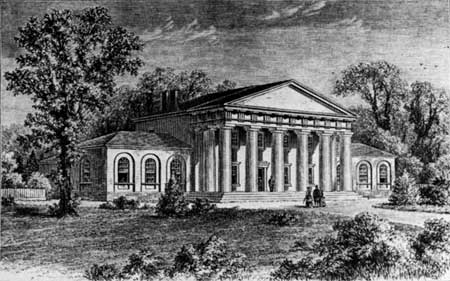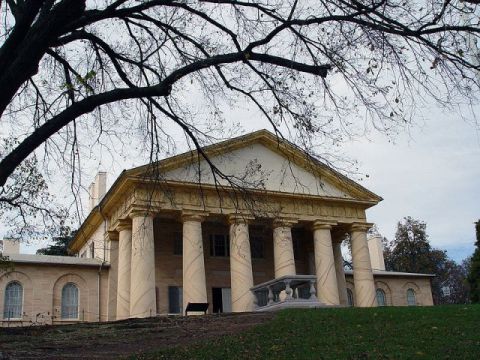Please visit my new webpage at http://www.vaguelyinteresting.co.uk/?p=426
The American Civil War is one of history’s most horrifying and bloodiest conflicts of all time. This mid-nineteenth century spasm of fratricidal butchery ranks as the most savage war to have ever blighted the American continent. The anger and obstinacy of a civil war found a distinctly uncivil outlet in mechanised, industrial fighting.
Although the fighting was particularly fierce and bitter, the post-conflict peace held. Reconciliation, rehabilitation and magnanimity were, for the most part, the order of the day. This applied equally to pardoned soliders, vanquished commanders and defeated Confederate politicians as the United States tried to heal its deep and rancorous wounds.
President Jefferson Davis was charged with treason and imprisoned, but released after two years. Vice-President Stephens was only imprisoned for five months and would later serve in Washington D.C. as a Congressman.
This forgiving approach was not, however, universally popular or always applied. One piece of personal revenge, individually targeted and vindictive, was the seizure of the wife of General Robert E. Lee’s Virginian property, the Custis-Lee Estate.
During the war, the Quartermaster of the Union, General Montgomery C. Meigs, was charged with finding a solution to overcrowded federal burial sites. General Meigs was a southerner who had served under General Lee. He firmly believed Lee had committed treason and held him personally responsible for much of the national calamity.
He therefore ordered that the Custis-Lee Estate in Arlington be seized for use as a burial ground. Demonstrating his personal animosity he ordered thousands of burialson the site of Mrs Lee’s prized rose garden. His intention was to render the estate uninhabitable should peace ever see the return of the Lees to Arlington.
In the BBC’s The American Future: A History, Simon Schama notes that Meigs’s righteous vengeance increased when his own son was killed. First Lieutenant John Rodgers Meigs was also buried in what would become Arlington National Cemetery with his tomb a deeply personal memorial and manifestation of his father’s grief.




No comments:
Post a Comment